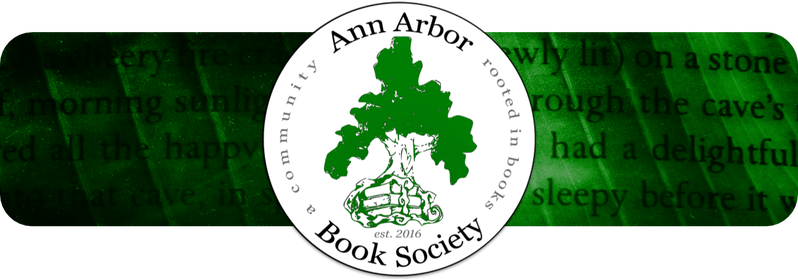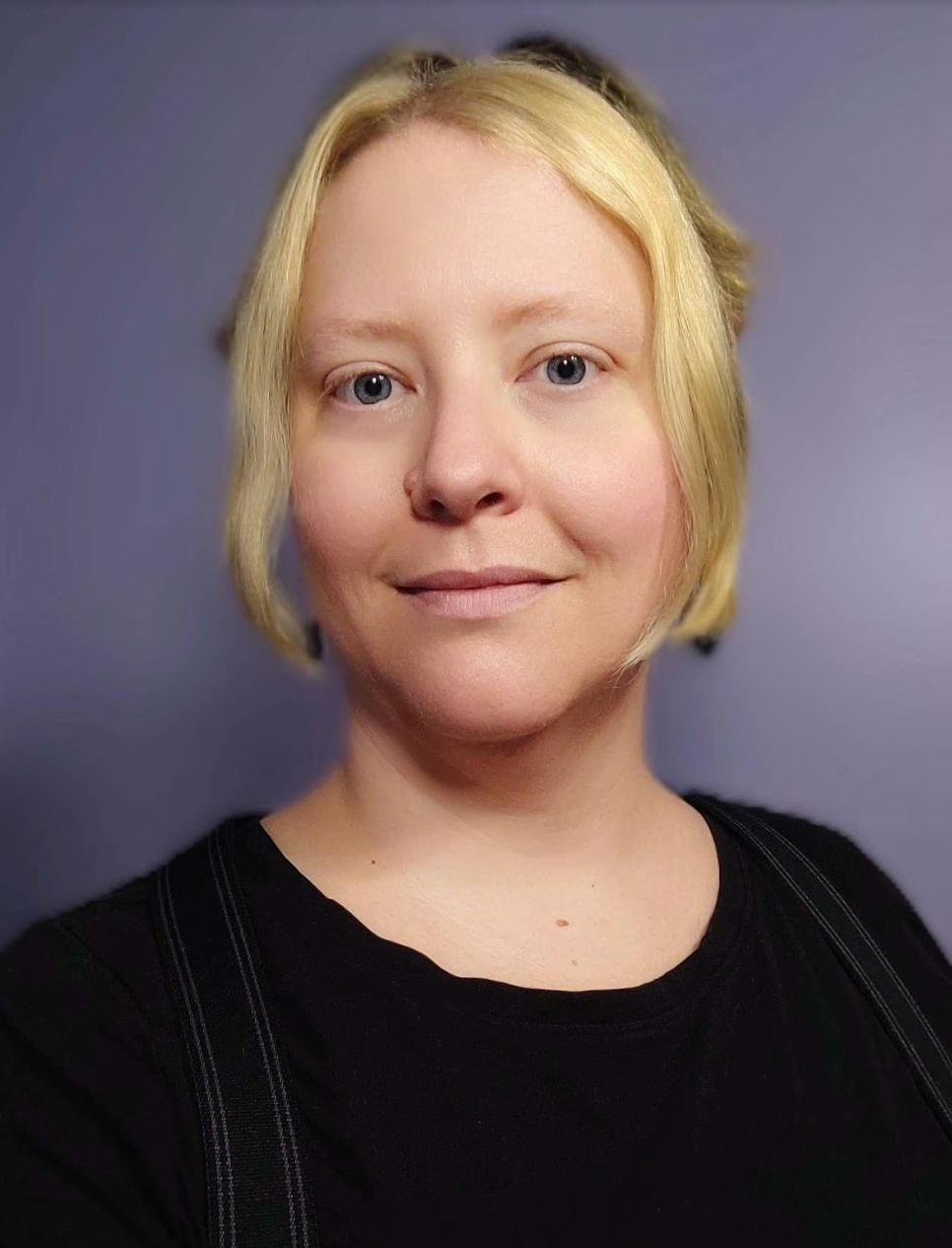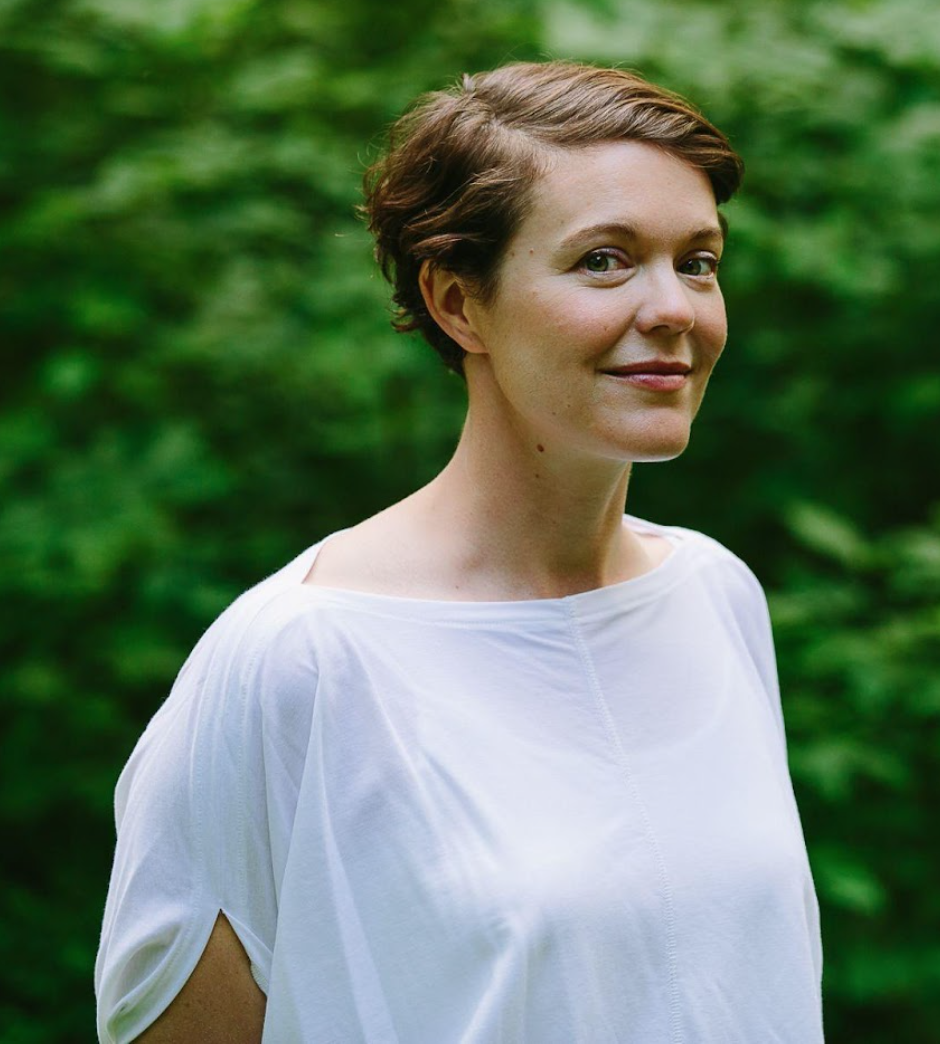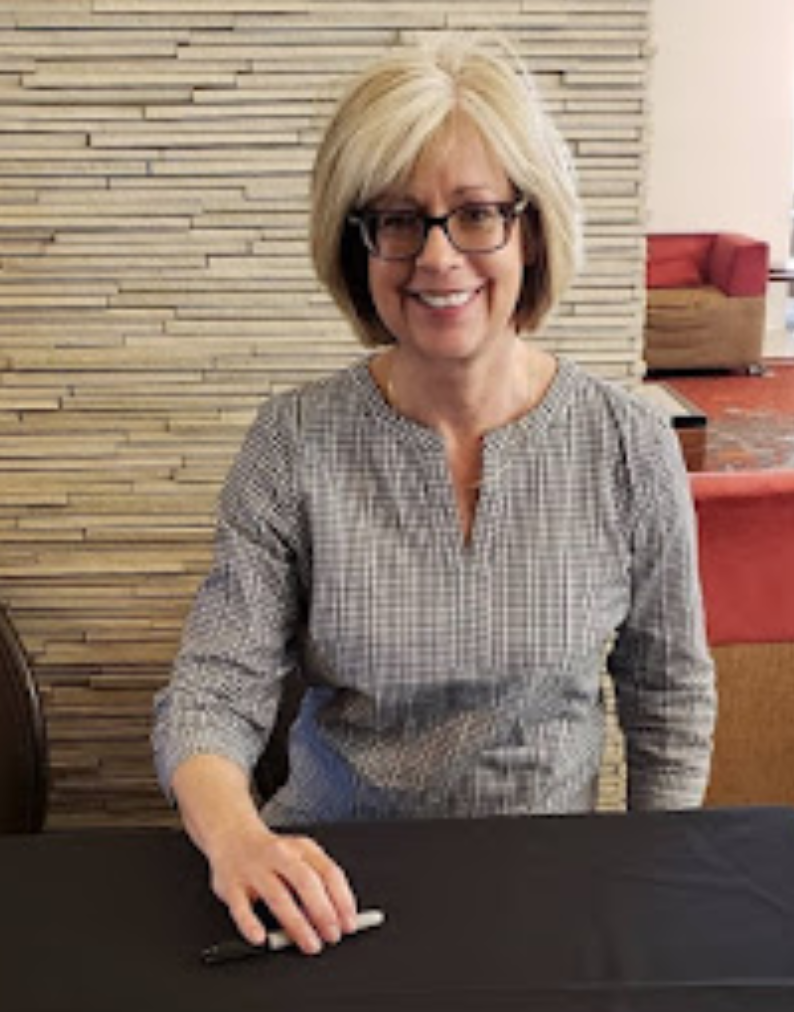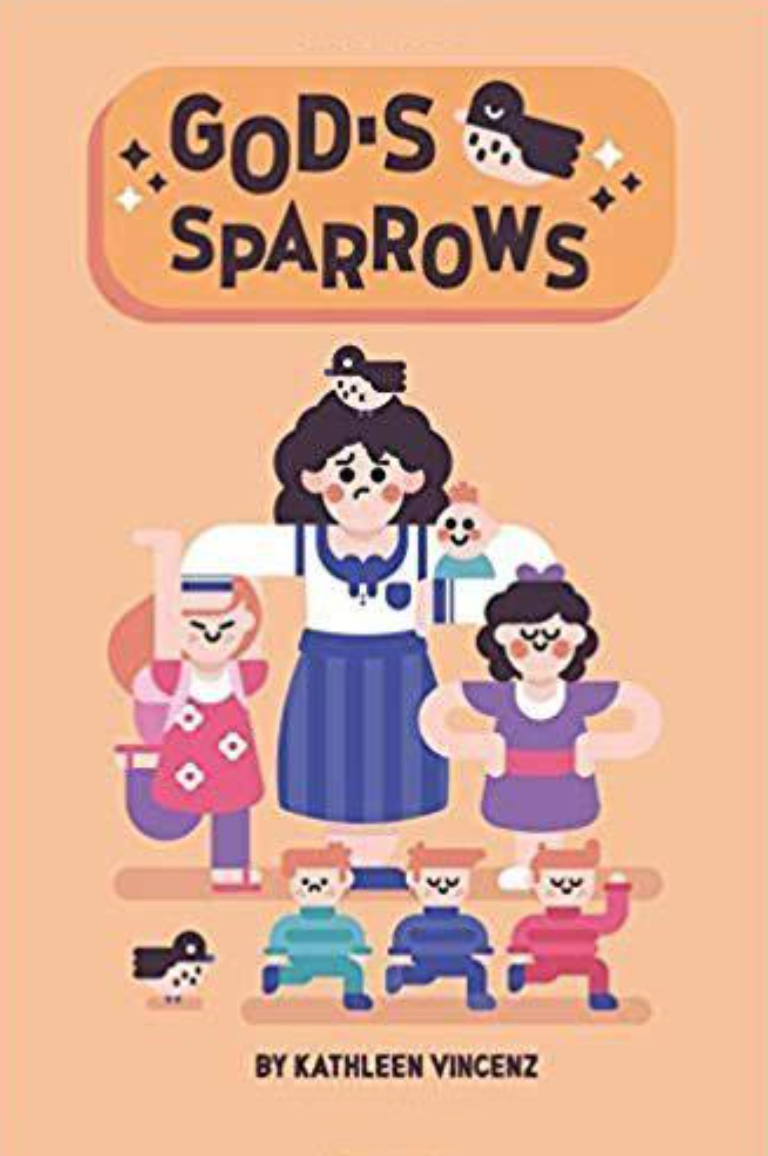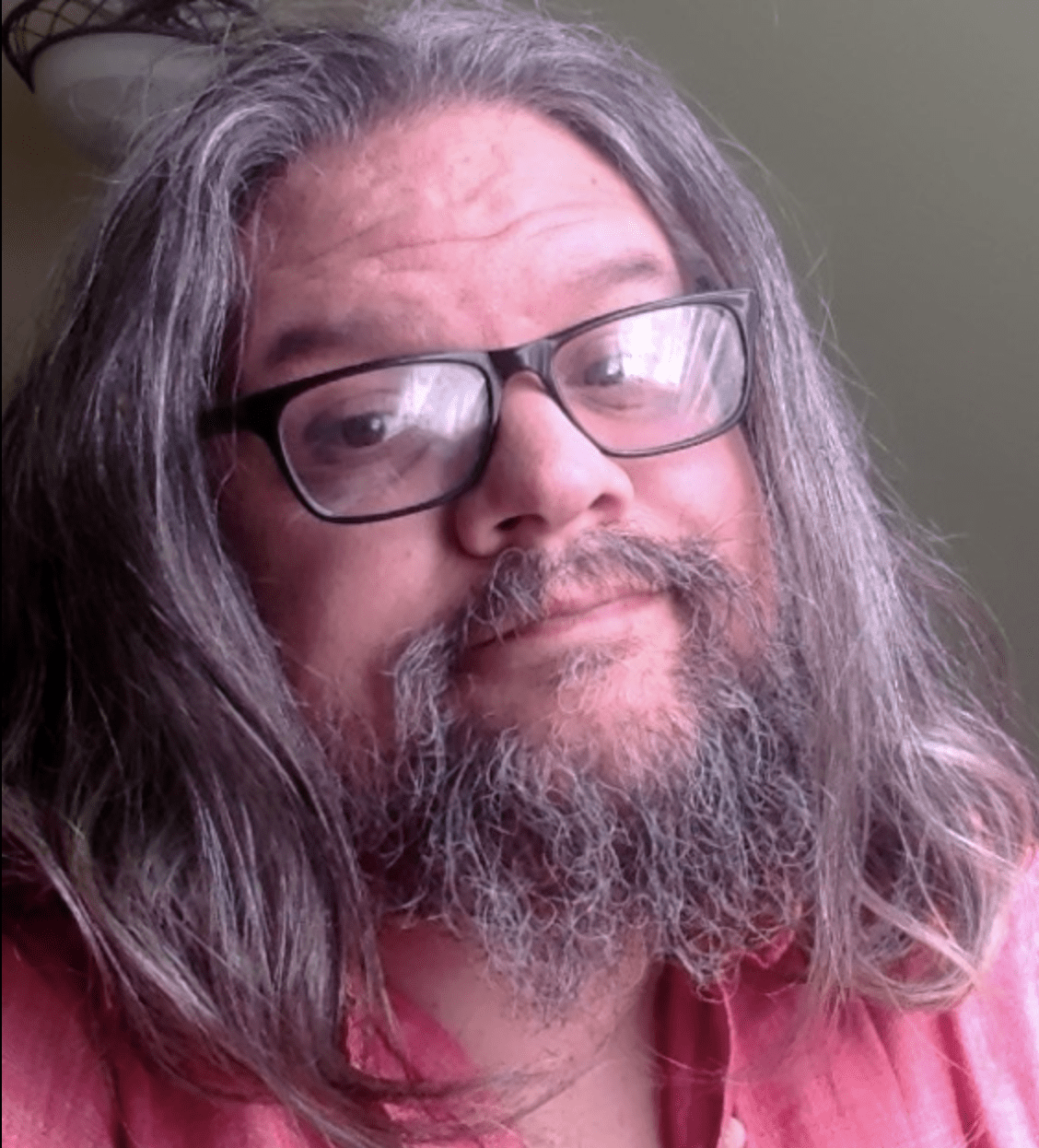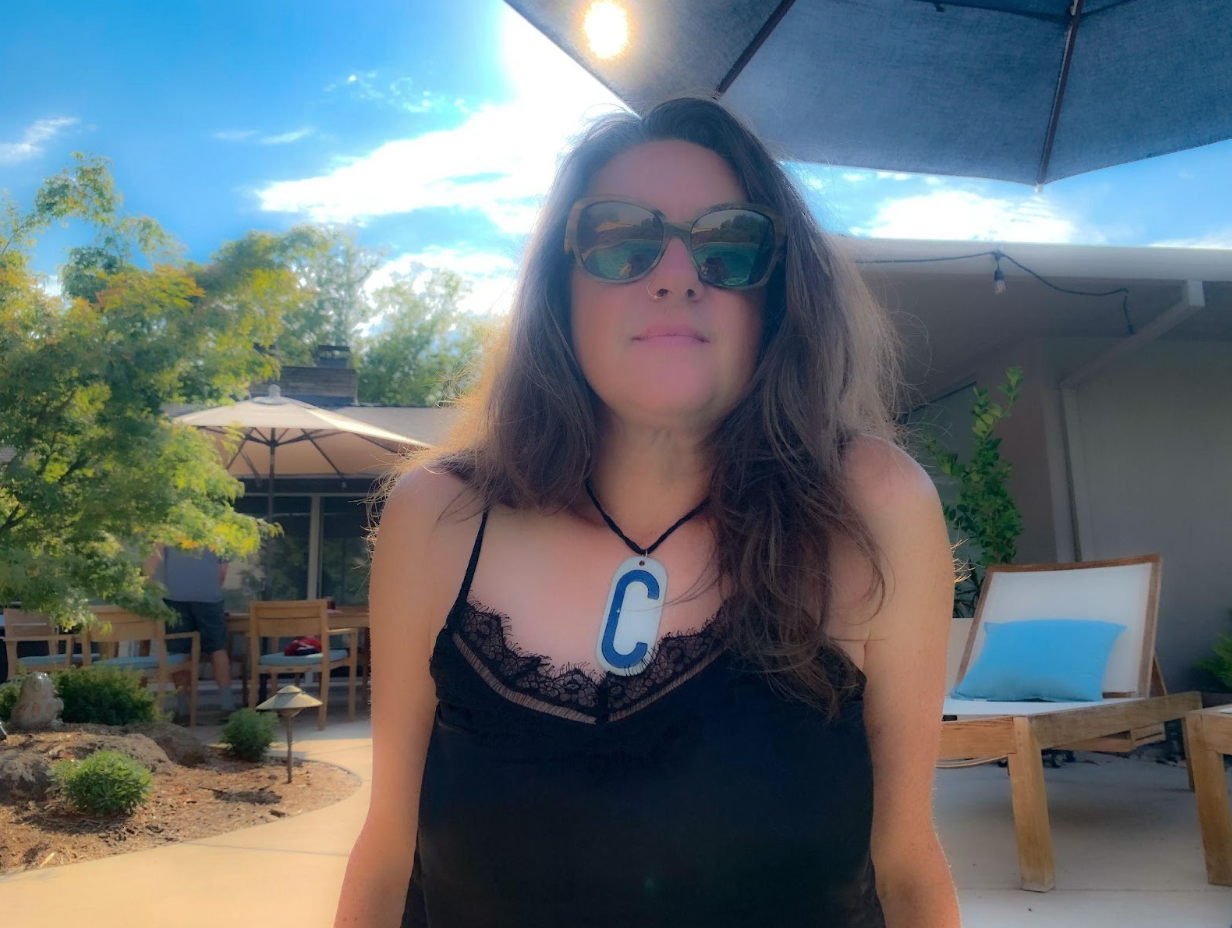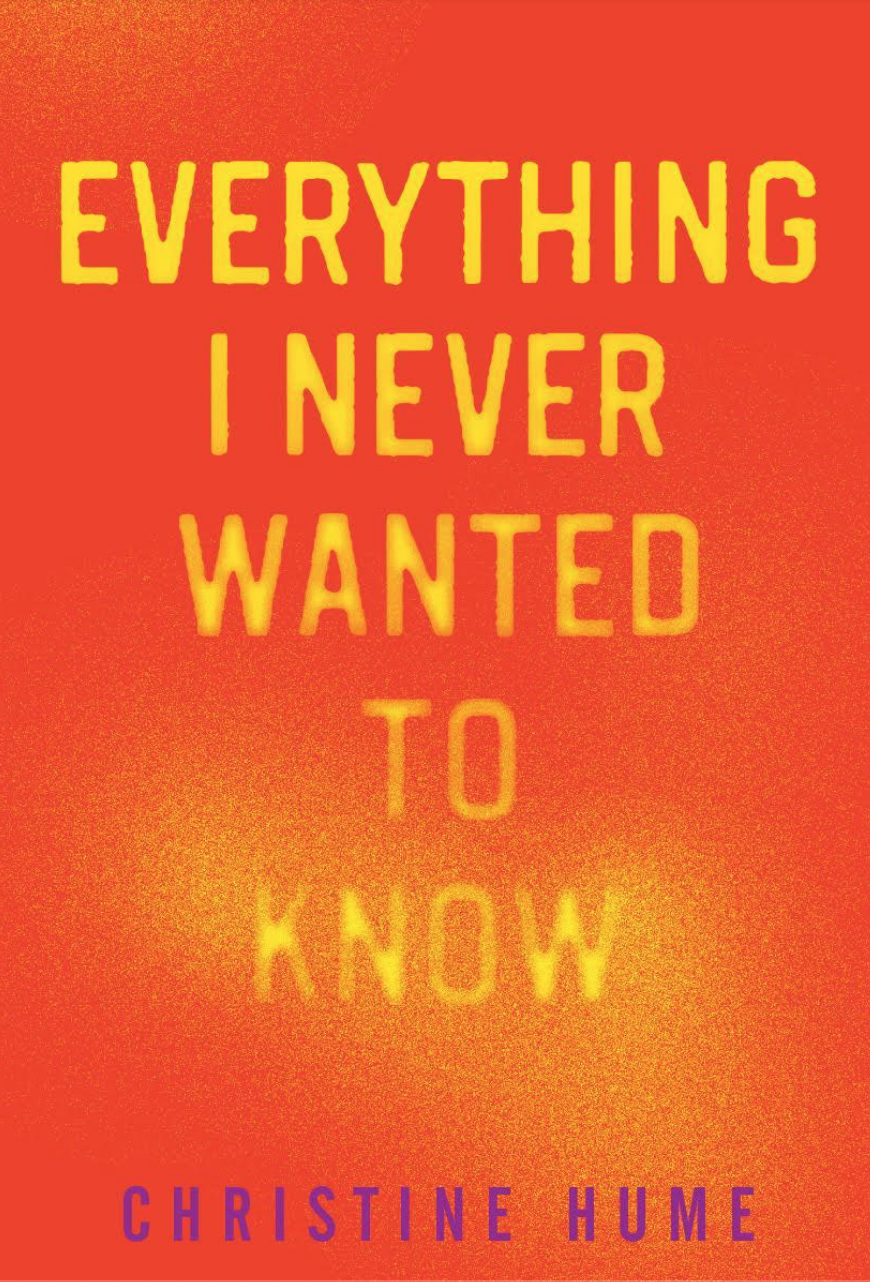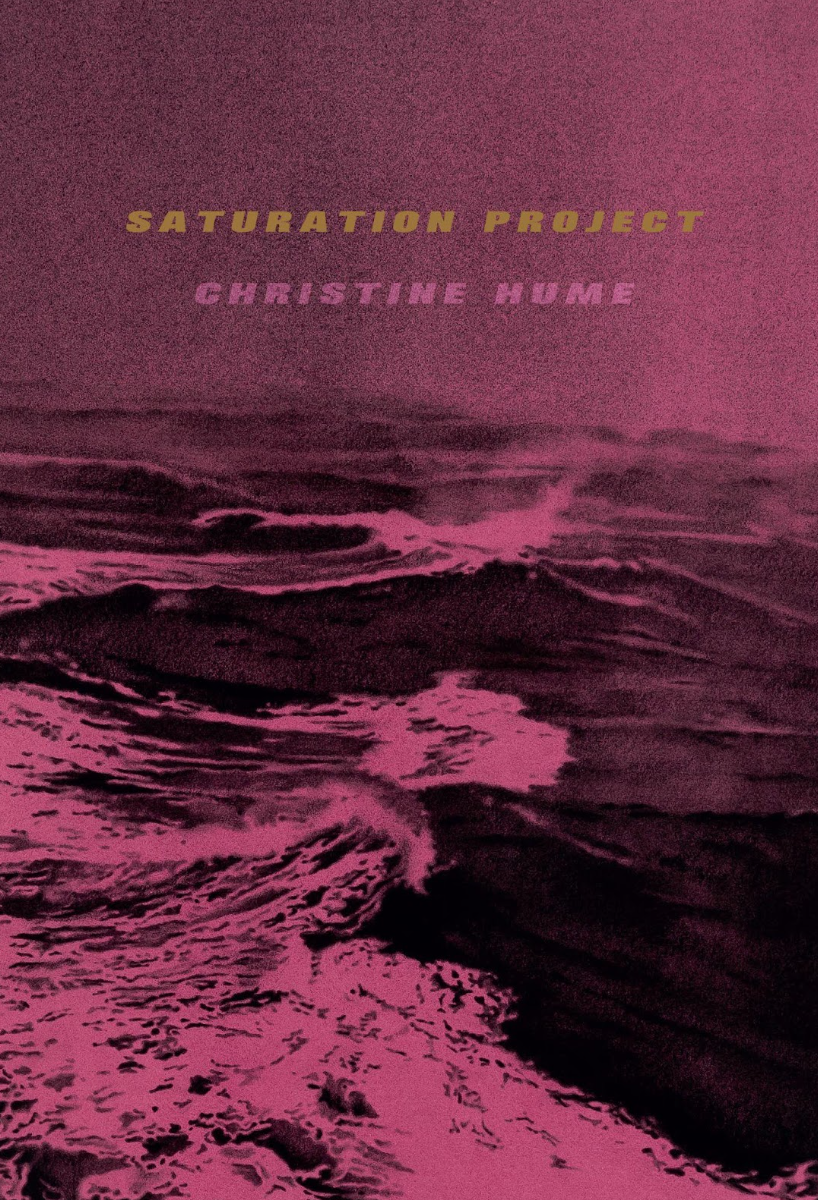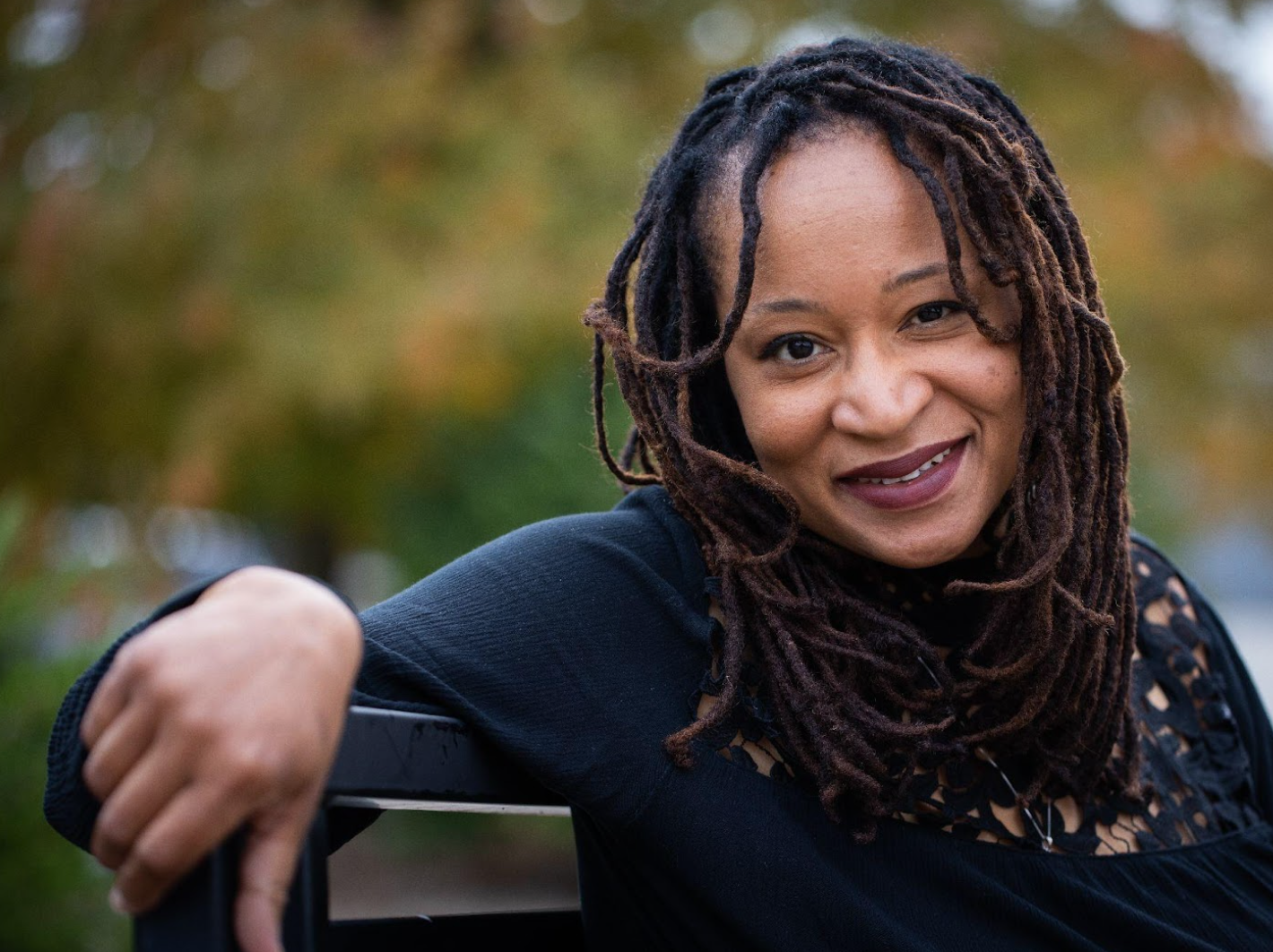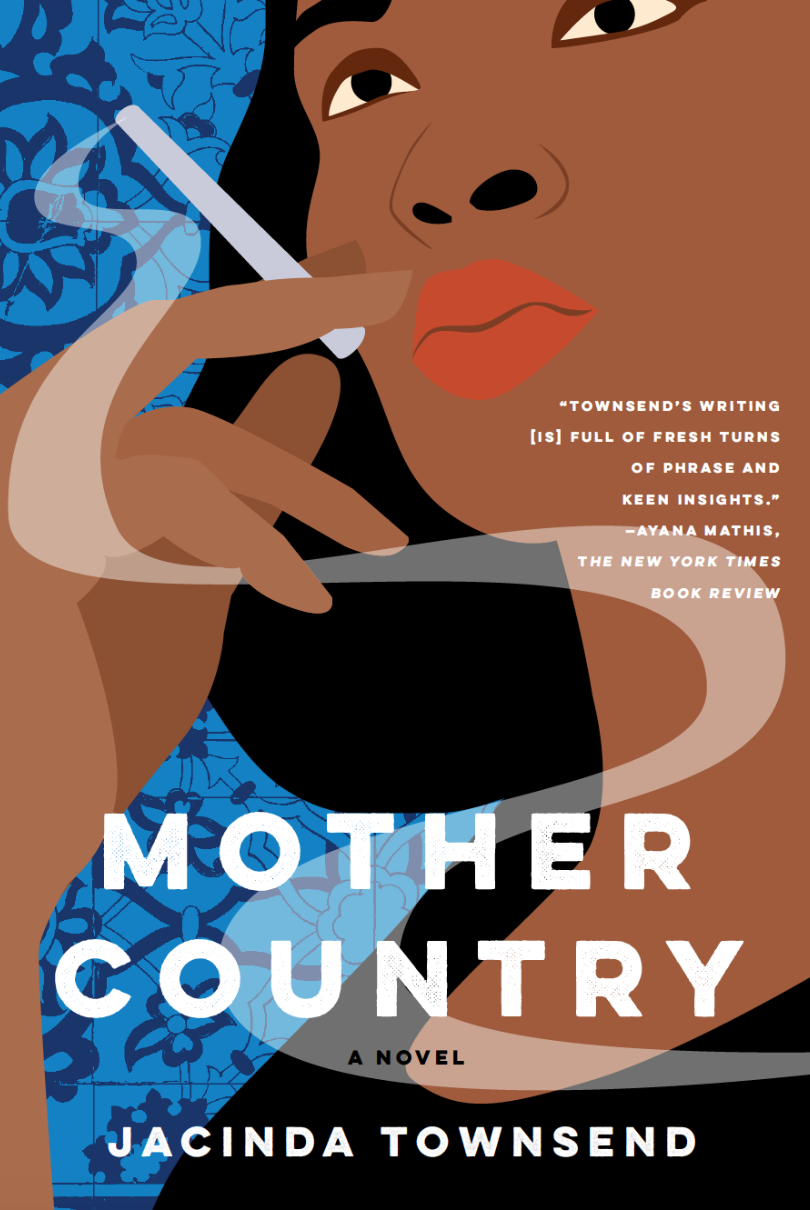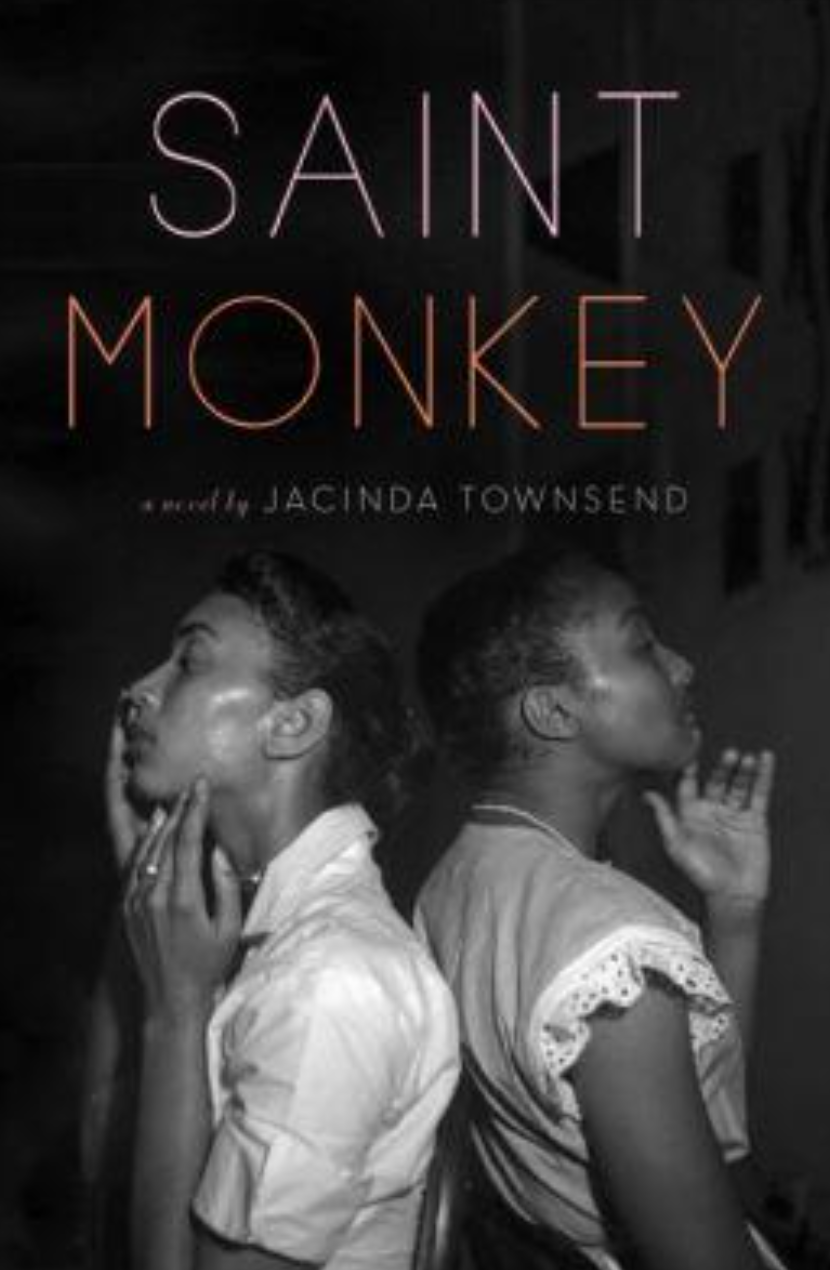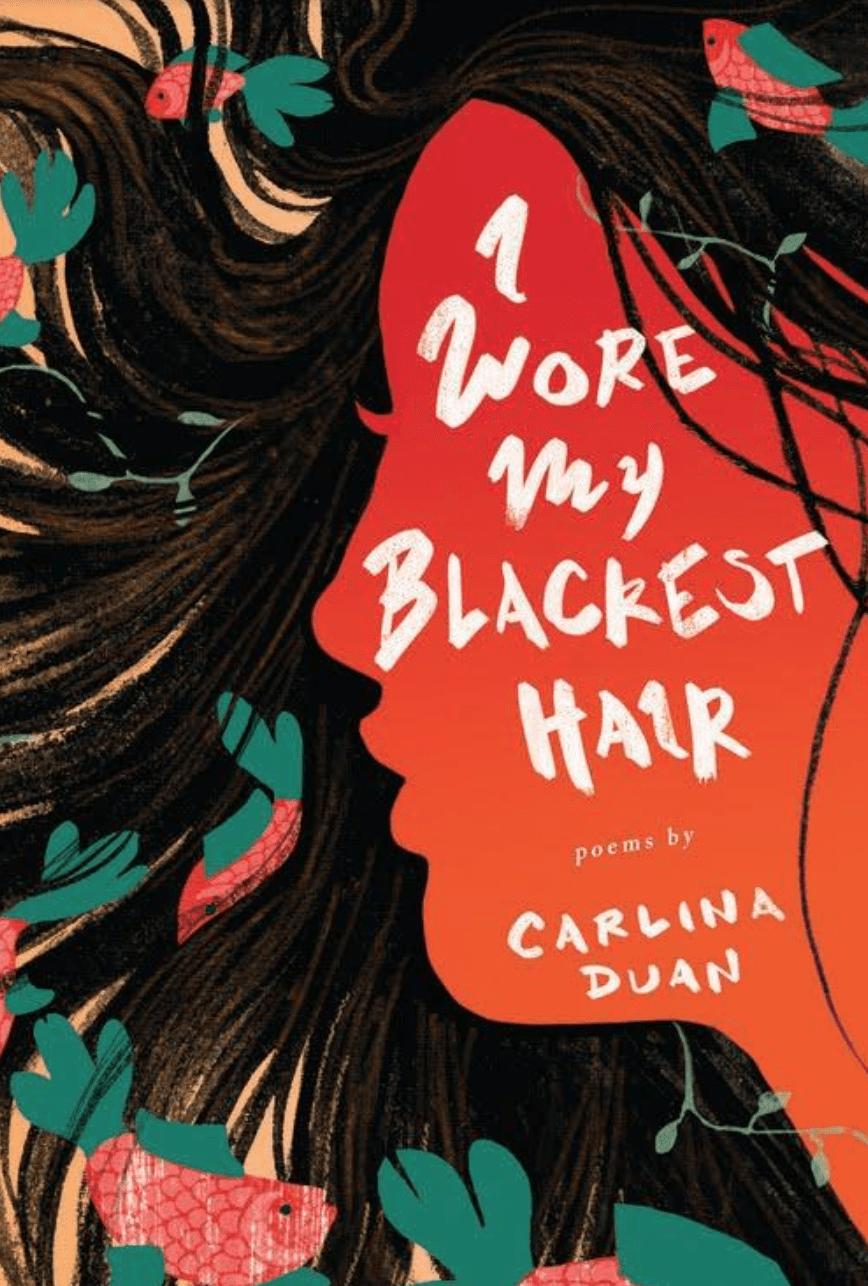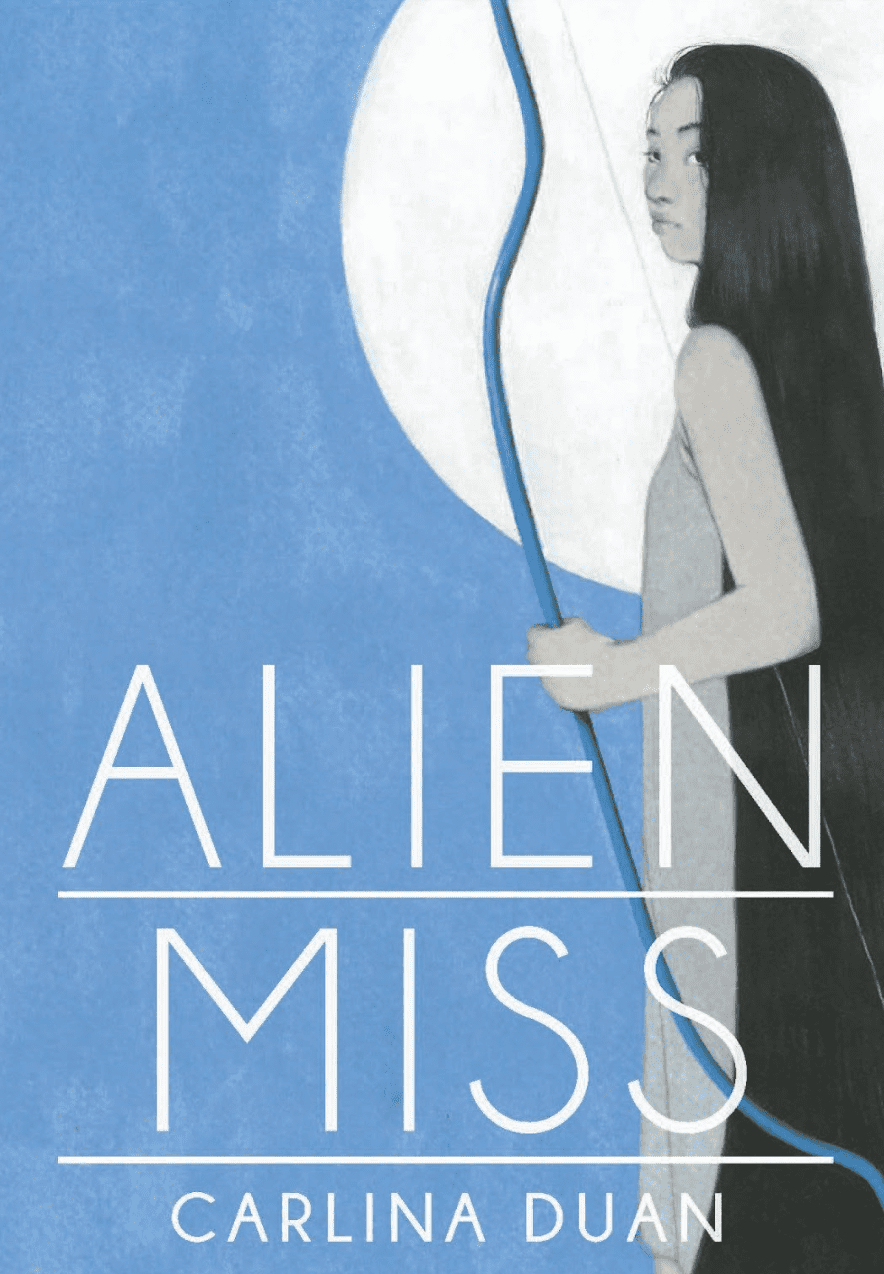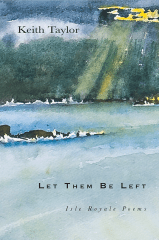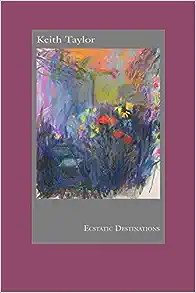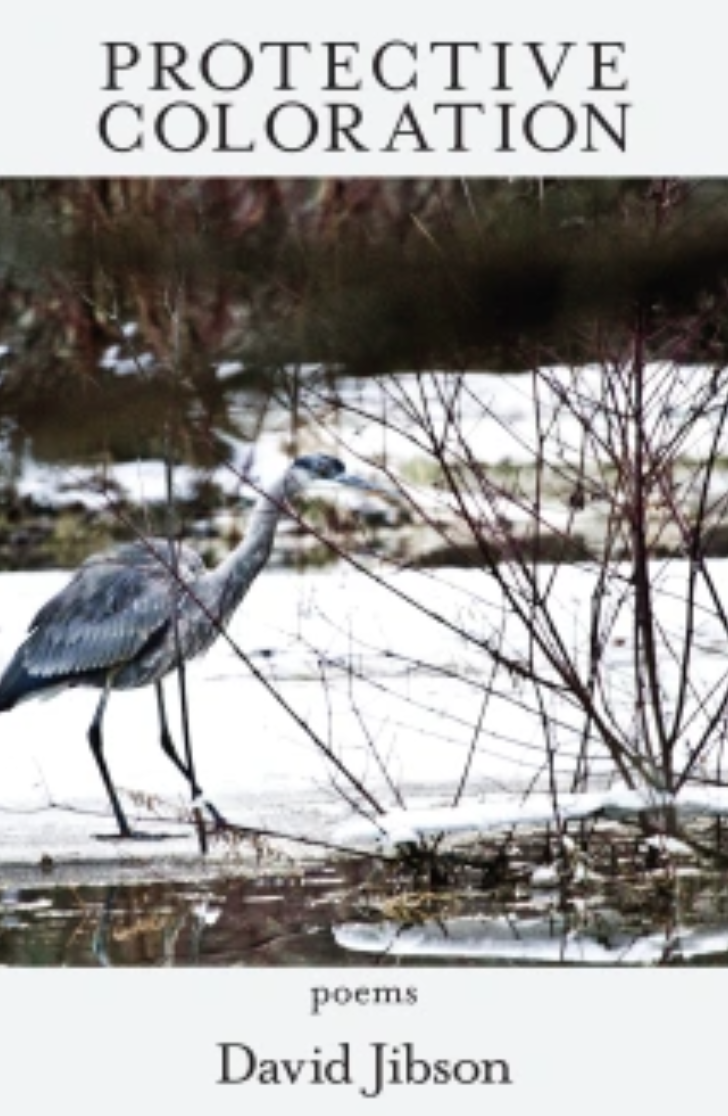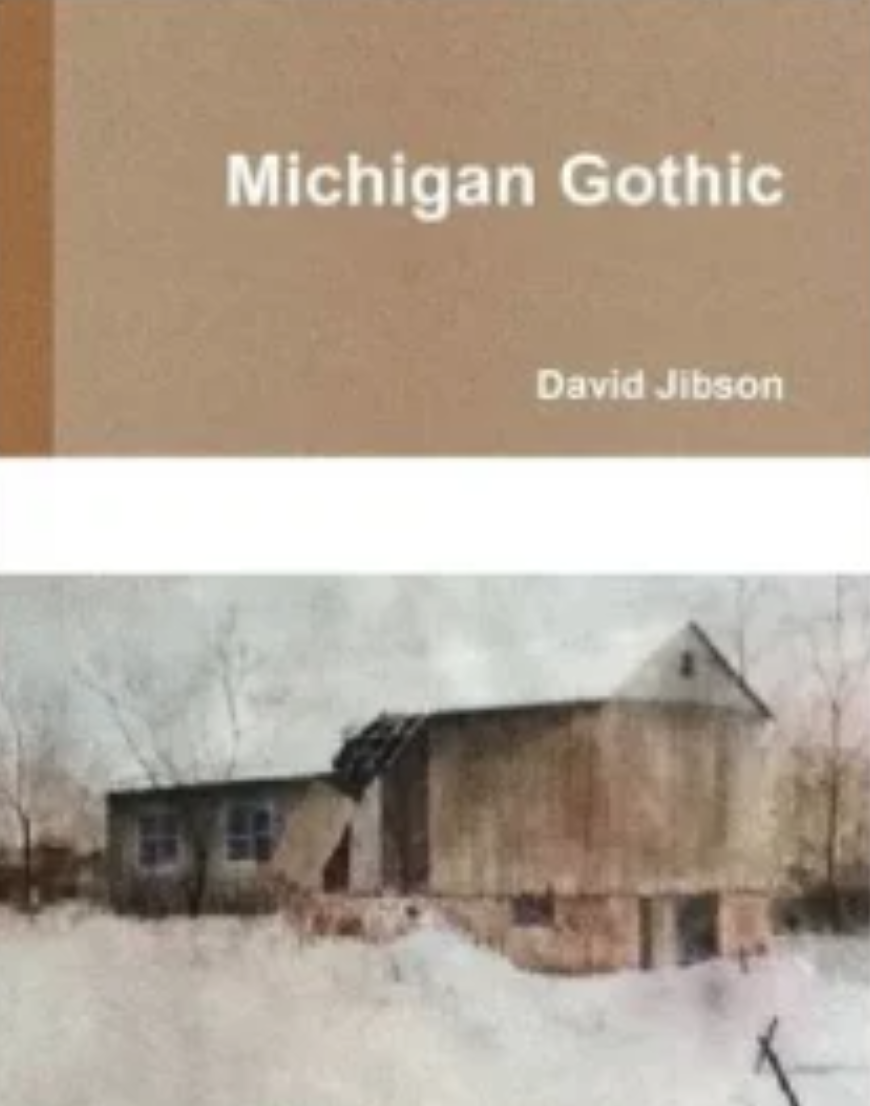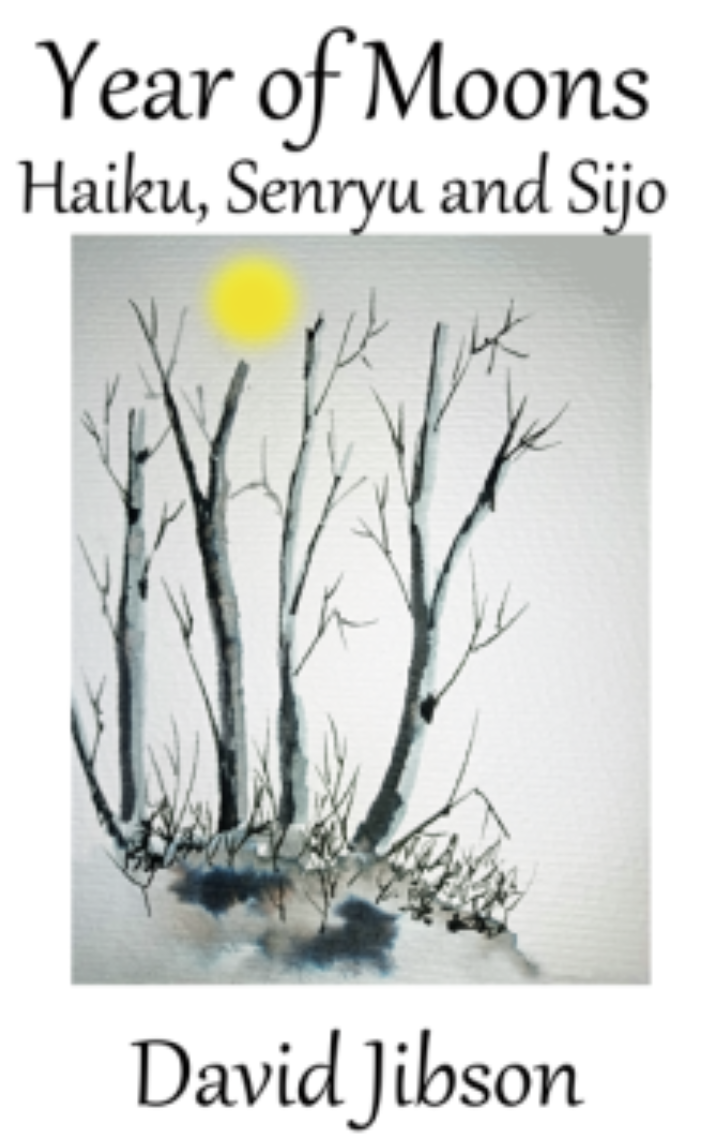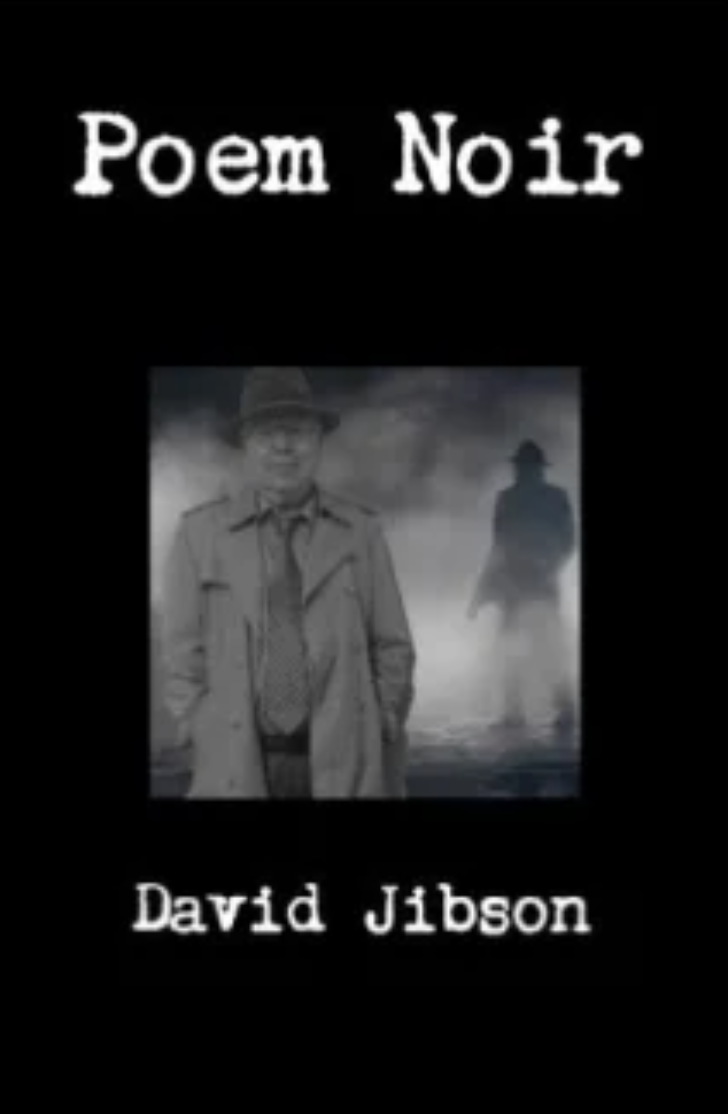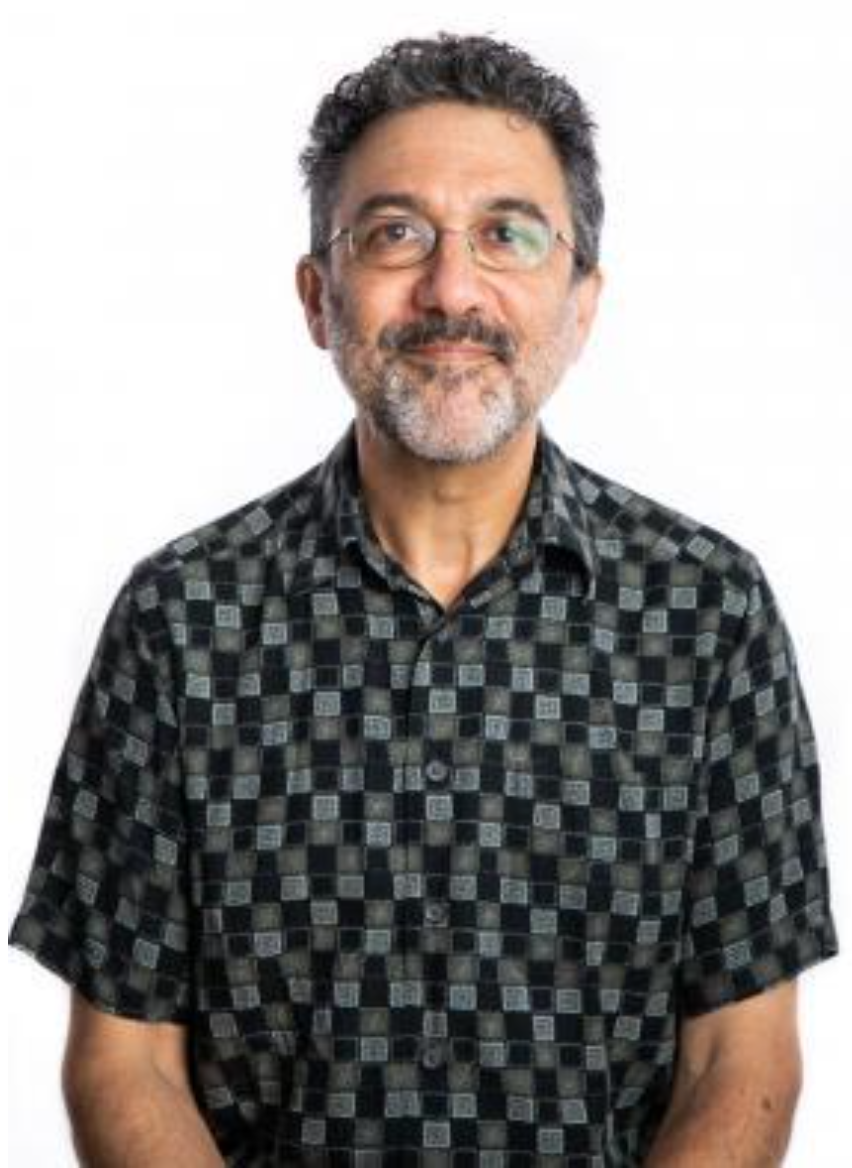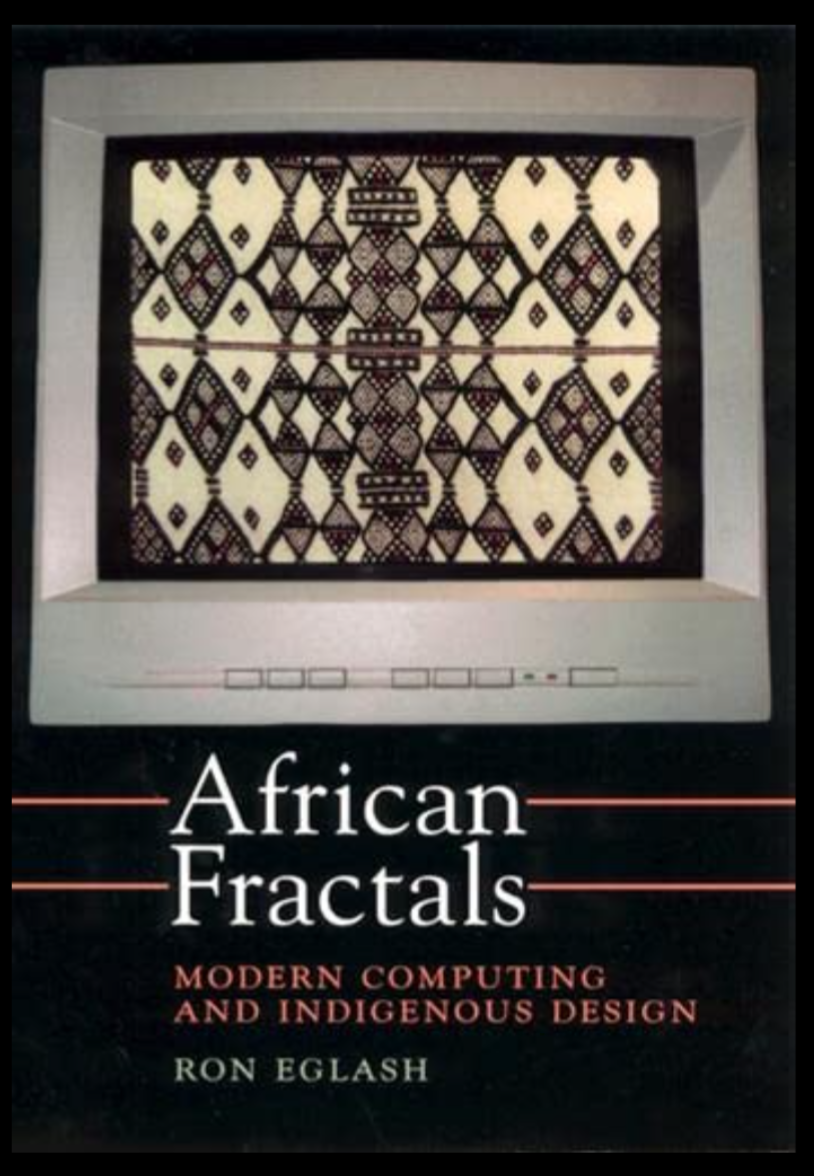| Author | Biography | Book Cover(s) |
|---|---|---|
Crysta K. Coburn | Crysta K. Coburn has been writing award-winning stories for most of her life. Her first short story was published at the age of sixteen after winning runner-up in a local writing contest. She earned her bachelor's degree in creative writing from Western Michigan University in 2005. She is a journalist, fiction writer, poet, playwright, editor, podcast co-host, and one-time rock lyricist. She served as editor for The Queen of Clocks and Other Steampunk Tales; Cogs, Crowns, and Carriages; and Gears, Ghouls, and Gauges (the latter two with Phoebe Darqueling). | |
Michelle Webster-Hein | Michelle Webster-Hein is a graduate of Vermont College’s MFA program and the author of the Michigan-based novel Out of Esau from Counterpoint Press. Her work has been recognized in the Best American series, nominated four times for a Pushcart Prize and published in Lit Hub, Modern Farmer, River Teeth, and Hunger Mountain, among other places. She lives on a homestead in rural Michigan with her husband and children. | 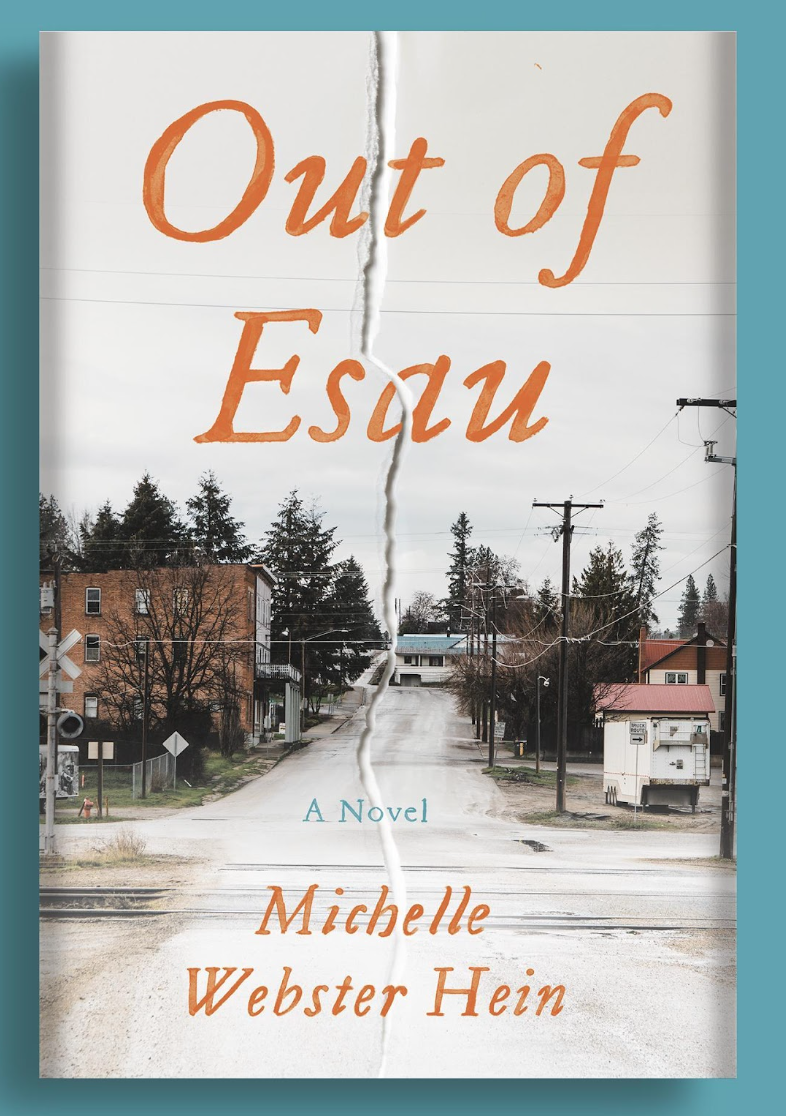 |
Kathleen Vincenz | Kathleen Vincenz is a children's book author who enjoys writing about family, faith, warmth, and humor. She is the founder of Squirrels at the Door Publishing, a children's publishing outlet for middle grade novels and educational online content. She lives on a hill by a lake with her husband and woodland friends. In her other work, she is a technical writer and explains how to use software to solve engineering problems. | |
Andre F. Peltier | Andre F. Peltier (he/him) is a Pushcart and Best of the Net Nominee and a Lecturer III at Eastern Michigan University where he teaches writing and a wide variety of literature classes. He lives in Ypsilanti with his wife, children, dog and turtles. His poetry has recently appeared in various publications like CP Quarterly, Lavender and Lime Review, About Place, Novus Review, Fiery Scribe, and Fahmidan Journal, and most recently in Menacing Hedge, The Brazos Review, and Idle Ink. His debut poetry collection, Poplandia, is available from Alien Buddha. In his free time, he obsesses over soccer and comic books. | 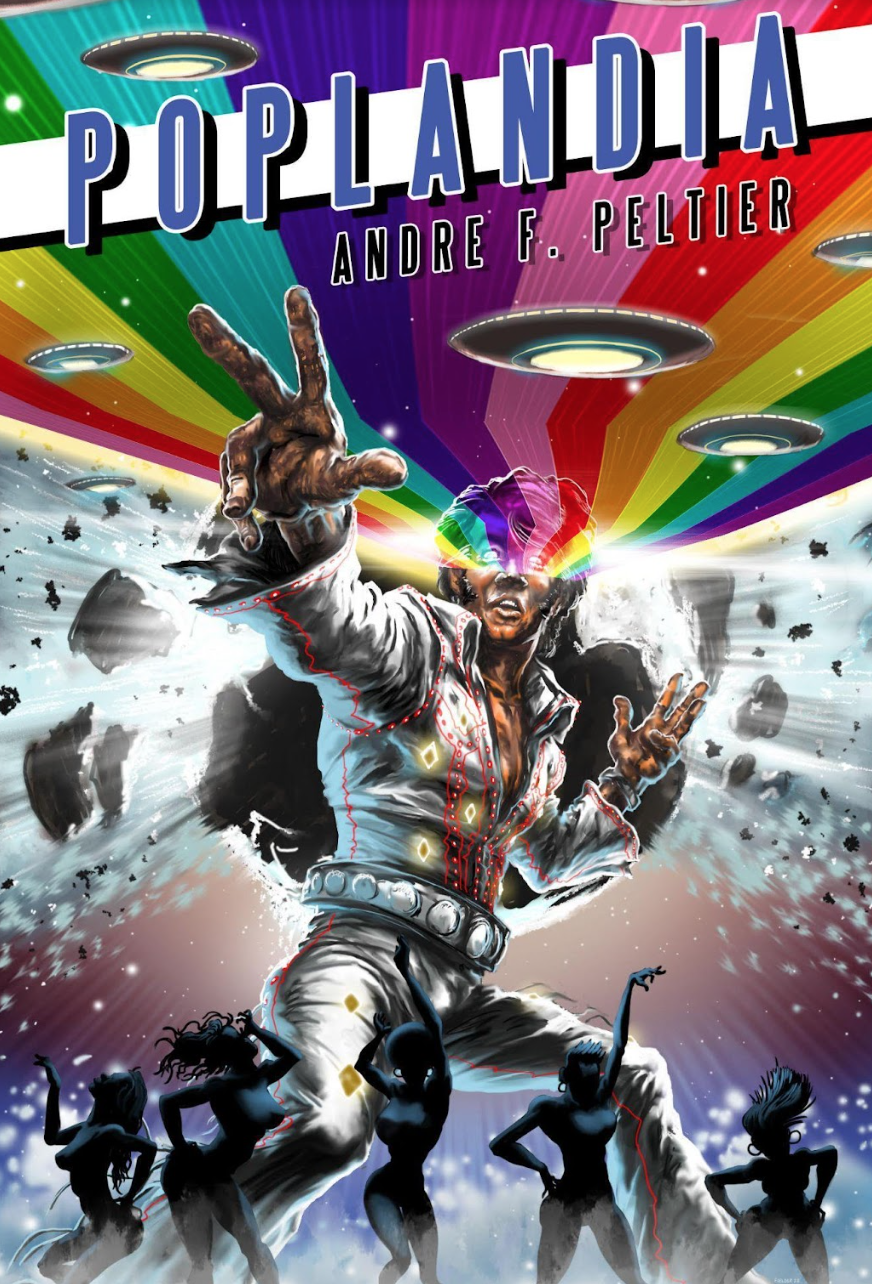 |
Christine Hume | Born into a military family and constitutionally restless, Christine Hume lived in over 25 places in the U.S. and Europe before landing in Ypsilanti. Her latest collection of essays on sex offenders and women’s bodies, Everything I Never Wanted to Know, will be available from Ohio State University Press (21st Century Essays Series). She is also the author of a lyric portrait of girlhood, Saturation Project (Solid Objects, 2021), which The New York Times says, “arrives…with the force of a hurricane,” as well as several books of poetry. She has guest edited two issues of the American Book Review, on #MeToo and Girlhood, and is currently guest editing a folio for The Hopkins Review on walking. Since 2001, she has been a faculty member in the Creative Writing program at Eastern Michigan University. | |
Jacinda Townsend | Jacinda Townsend is the author of the novels Mother Country and Saint Monkey, which won the Janet Heidinger Kafka Prize and the James Fenimore Cooper Prize. She is a graduate of the Iowa Writers’ Workshop and teaches in the MFA program at the University of Michigan in Ann Arbor. | |
Carlina Duan | Carlina Duan is a writer-educator from Michigan, and the author of the poetry collections I Wore My Blackest Hair (Little A, 2017) and Alien Miss (Univ. of Wisconsin Press, 2021). Carlina received her M.F.A. in Poetry from Vanderbilt University. She is currently a Ph.D. Candidate in the University of Michigan’s Joint Program in English and Education and works as the Poetry Editor at Michigan Quarterly Review. Carlina’s poems have appeared in POETRY Magazine, Narrative Magazine, Poets.org, The Rumpus, and other publications. Her writing has been supported with residencies and awards from Tin House, the Academy of American Poets, the U.S. Fulbright Program, Signal Fire Arts, the Hopwood Program, Good Hart Artist Residency, and Willapa Bay AiR. Among many things, she loves river walks, snail mail, and being a sister. | |
Keith Taylor | Keith Taylor was born in British Columbia in 1952. He spent his childhood in Alberta and his adolescence in Indiana. After several years of traveling, he moved to Michigan, where he earned his M.A. in English at Central Michigan University. He has worked as a camp-boy for a hunting outfitter in the Yukon, as a dishwasher in southern France, a housepainter in Indiana and Ireland, a freight handler, a teacher, a freelance writer, the co-host of a radio talk show, and as the night attendant at a pinball arcade in California. For more than twenty years he worked as a bookseller in Ann Arbor, Michigan. Then he taught in the undergraduate and graduate creative writing programs at the University of Michigan, and directed the Bear River Writers Conference. From 2010–2018 he worked as the Poetry Editor at Michigan Quarterly Review. He retired from the University of Michigan in 2018. He lives with his wife in Ann Arbor; they have one daughter. | |
David Jibson | Having grown up in rural Michigan, David Jibson now lives in Ann Arbor where he is the editor of Third Wednesday, an independent quarterly journal of literary and visual arts, a member of the Poetry Society of Michigan and a coordinator of The Crazy Wisdom Poetry Circle. He retired from a long career in Social Work, most recently with a Hospice agency. His poetry has been published in dozens of journals both in print and online. David holds BA degrees in Social Work and Interdisciplinary Communications from Western Michigan University and an MSW from Michigan State University. | |
Ron Eglash | Ron Eglash grew up in California during the 1960s, where a mix of bohemian scientists and social activism inspired his undergraduate studies in cybernetics. Following a masters in systems engineering, he briefly worked in the silicon valley’s chip manufacturing industry, and then returned for a doctorate in the History of Consciousness program at UCSC. Encouraged by his advisor Donna Haraway to “stay in touch with your inner scientist”, Eglash began an investigation of fractal patterns in aerial photos of African villages. A postdoctoral Fulbright in West and Central Africa allowed him a year to conduct ethnographic research, where he documented how indigenous concepts of recursion created fractal patterns throughout African design practices. His book African Fractals: Modern Computing and Indigenous Design became a TED talk with over 1.5 million views; a simulation used in math and computing education; and a broad influence in black studies. Fractals inspired by Eglash’s work now appear in black literature such as Nnedi Okorafor’s Binti; in AfroFuturist arts, and even in contemporary African architecture. His most recent work, “Generative Justice,” develops an alternative economic theory. “Both the political right and political left” Eglash explains “are focused on value extraction: socialism to the state and capitalism to corporations.” His alternative model would keep value in unalienated forms at the grassroots, and circulate it rather than extract it--a process he maintains is already happening with the rise of makerspaces, urban agriculture and the “artisanal economy”. His work in this area examines how digital fabrication, AI and other innovations can be used to nurture and sustain generative justice. | |
| Author | Biography | Book Cover(s) |
